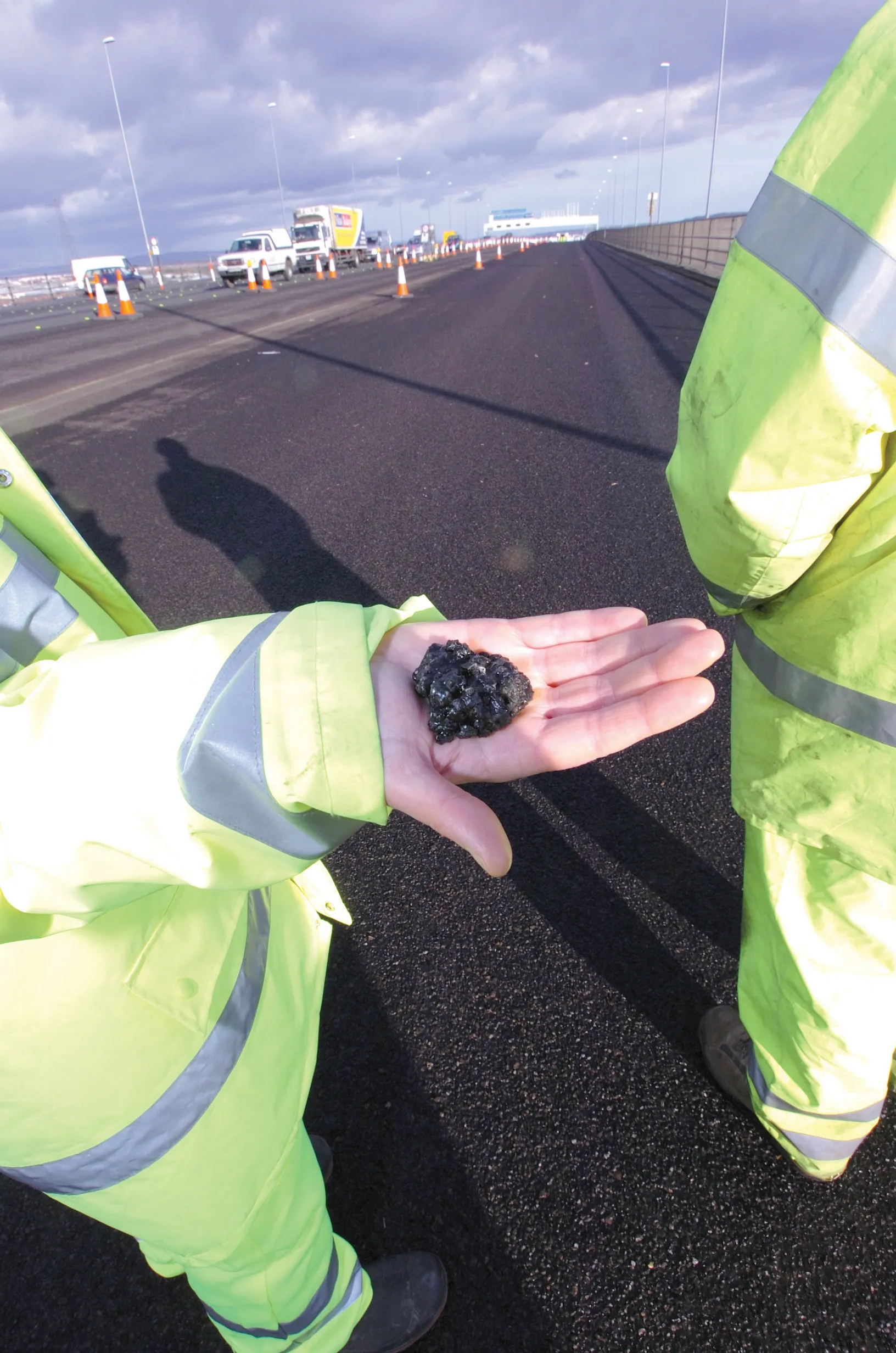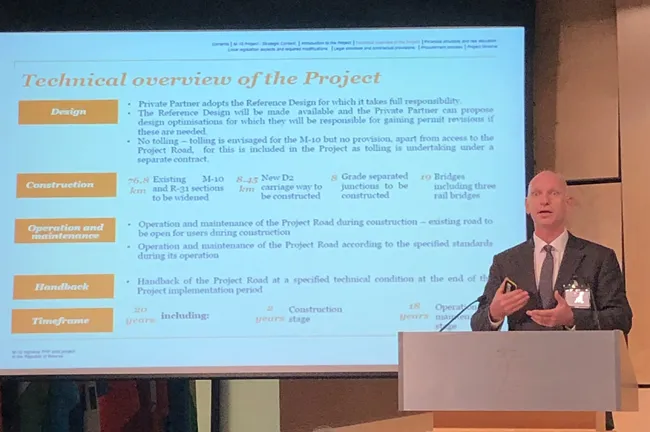
“The
The launch comes shortly after new research, published in the European Heart Journal in March 2019, estimates that 790,000 people/year in Europe alone die prematurely due to ambient air pollution. Worldwide, the problem is huge. Research published in the Proceedings of the National Academy of Sciences in the US in September 2018 estimates that 8.9 million people died in 2015 due to air pollution.
Although construction does not account for a large proportion of the world’s air pollution, it can lead to localised peaks in bad air quality. Shell has been speaking to the UK Government’s environmental department Defra, says Read, about how construction works can push pollution levels over safe levels in areas where concentrations are already significant. Shell Bitumen’s technology would also make life better for those living and working close to asphalt plants.
Shell discovered the potential for reducing air pollutants around three years ago when it was carrying out trials of its Shell Bitufresh product, which removes the odours from asphalt, in China. Bitufresh technology works by attaching heavy molecules from the Bitufresh to mercaptans, which cause the smell in bitumen, and making them sink to the bottom of the bitumen so that they aren’t released.
To create Bitumen FreshAir, Shell had to make further changes to the chemistry so that it targeted the right components of the bitumen. This involved 2,500 tests at Shell’s R&D centre in Bangalore, India and five live trials in different countries. Researchers worked with over 20 different bitumens from different locations around the world, made by Shell and by others.
“We had to show that the effect we were seeing was a real effect across any bitumen, any mixing plant, any storage conditions, in any location,” says Read. “It took an awful lot of work from a statistical point of view.”
The pollutants that FreshAir tackles are nitrogen oxides, sulfur dioxide, volatile organic compounds (VOCs), particulate matters at 2.5 and 10 microns and carbon monoxide. One the technology had been shown to work widely in the laboratory, Shell carried out trials in the UK, the Netherlands, France, Thailand and Hong Kong, employing independent air quality consultancy DustScanAQ to carry out the tests at every location to ensure uniformity.
DustScan’s readings showed a 40% reduction in the pollutants, less than the laboratory results which were as high as 80-90%, said Read.
Shell will be launching FreshAir this year in the five countries where it conducted trials, along with Germany and Hong Kong. Next year, it plans to launch it into other countries too.
Depending on the local demand, the FreshAir technology can be added into road tankers or via an online dosing system installed at depots. Eventually there may come a point when it doesn’t make economic sense to switch between standard and low-polluting bitumen, at which point Bitumen FreshAir could become the default, says Read.
Shell Bitumen FreshAir will cost more than standard bitumen, although Read would not say by how. “It’s not huge,” he said. “We are not trying to use this to make massive amounts of money, that’s not the intent. It’s about having cleaner solutions. There is new technology in there, it costs us money to bring that to commercialisation, so we do need to charge more so that we can keep investing in research and development.”
Shell Bitumen is investing in several research projects that fit with Shell’s overarching aim to find “more and cleaner energy solutions”. These include looking at how many times a pavement can be recycled; using plastic waste in roads and what the long-term impacts could be; and ways to use crumb rubber in asphalt mixes at low temperatures.
Read also hinted that a new technology that would increase the lifetime of pavements is under development. However, he would not give details, as the patents for the product are not yet in place.








